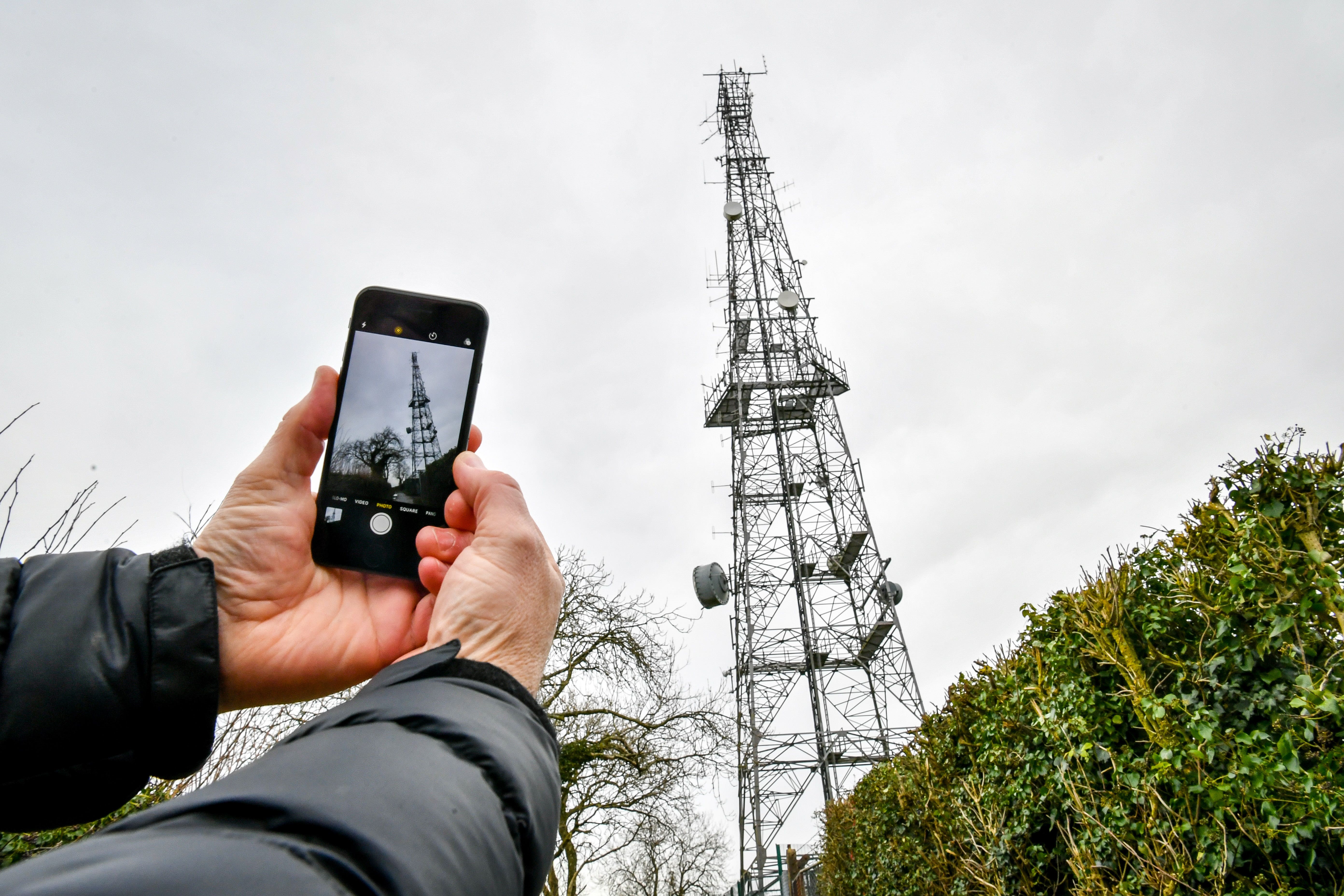Aliens could detect life on Earth through leaked radio signals – scientists
Humans have been unintentionally transmitting signals into space for nearly a century.

Aliens on nearby stars with advanced technology could detect life on Earth through leaked radio signals, according to scientists.
Humans have been unintentionally transmitting signals – in the form of high-frequency radio, television and radar – into space for nearly a century.
More recently, mobile phones – which emit low levels of radio frequency energy – have been contributing to the leakage.
The researchers believe that, armed with the right listening equipment, these signals could be detected by extraterrestrial intelligence.
Professor Mike Garrett, team leader of the project and director of the Jodrell Bank Centre for Astrophysics at The University of Manchester, said: “I’ve heard many colleagues suggest that the Earth has become increasingly radio quiet in recent years – a claim that I always contested.
“Although it’s true we have fewer powerful TV and radio transmitters today, the proliferation of mobile communication systems around the world is profound.
I believe that there's every chance advanced civilisations are out there, and some may be capable of observing the human-made radio leakage coming from planet Earth
“While each system represents relatively low radio powers individually, the integrated spectrum of billions of these devices is substantial.
“Current estimates suggest we will have more than 100,000 satellites in low Earth orbit and beyond before the end of the decade.
“The Earth is already anomalously bright in the radio part of the spectrum; if the trend continues, we could become readily detectable by any advanced civilisation with the right technology.”
For the study, the scientists used crowd-sourced data to simulate radio leakage from mobile towers.
Their aim was to determine what alien civilisations might detect from various nearby stars, including Barnard’s star, which is six light years away from Earth.
The models were generated by Ramiro Saide, an intern at the Search for Extra-terrestrial Intelligence (SETI) Institution’s Hat Creek Radio Observatory in the US.
The results also showed the Earth’s mobile radio signature includes a substantial contribution from developing countries, including Africa.
The team said this is exciting because it highlights the countries’ success in moving directly into the digital age.
Dr Nalini Heeralall-Issur, Mr Saide’s supervisor and associate professor at The University of Mauritius, said: “I believe that there’s every chance advanced civilisations are out there and some may be capable of observing the human-made radio leakage coming from planet Earth.”
As part of the next steps, the researchers will investigate other sources of Earth’s radio leakage signature, such as military radars, new digital broadcast systems, wi-fi networks, individual mobile handsets and satellite constellations such as Elon Musk’s Starlink system.